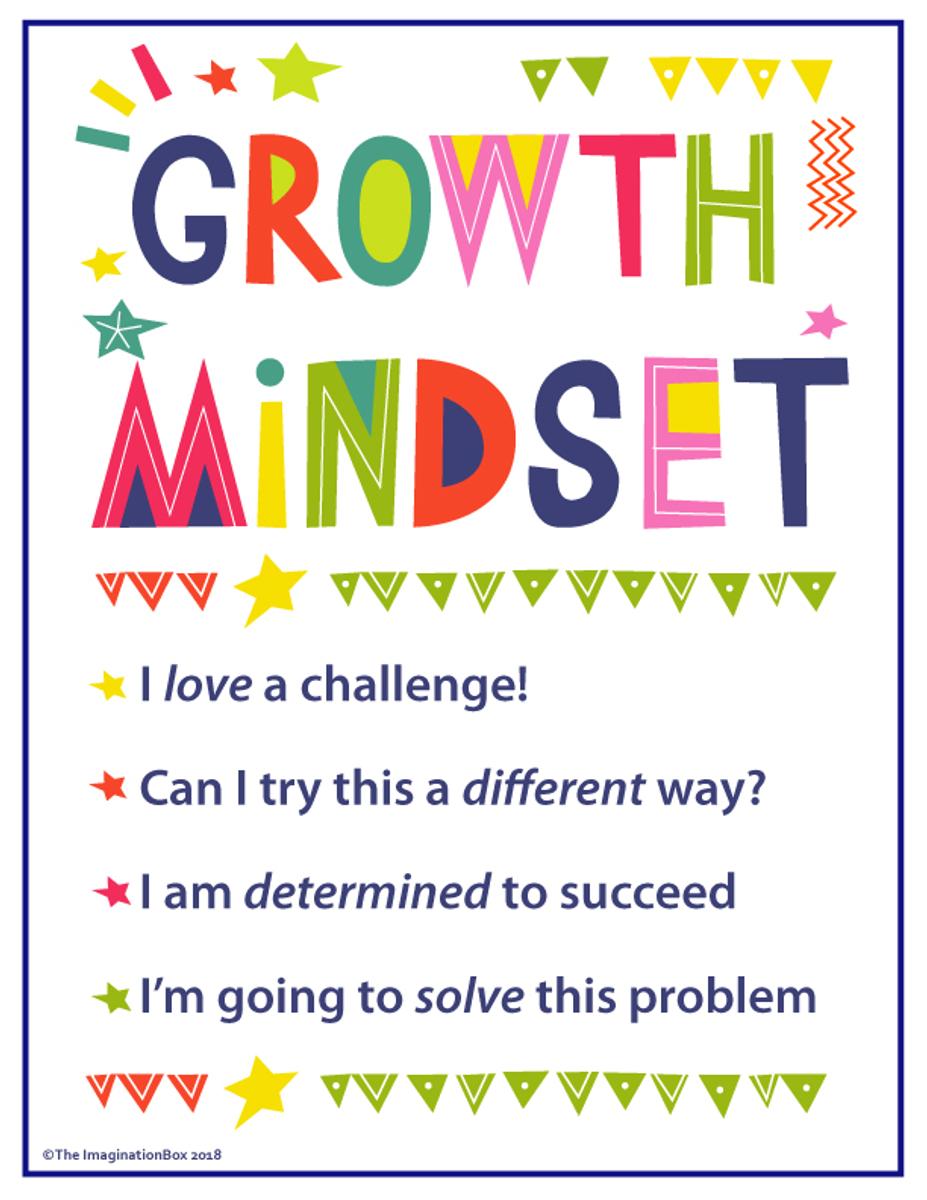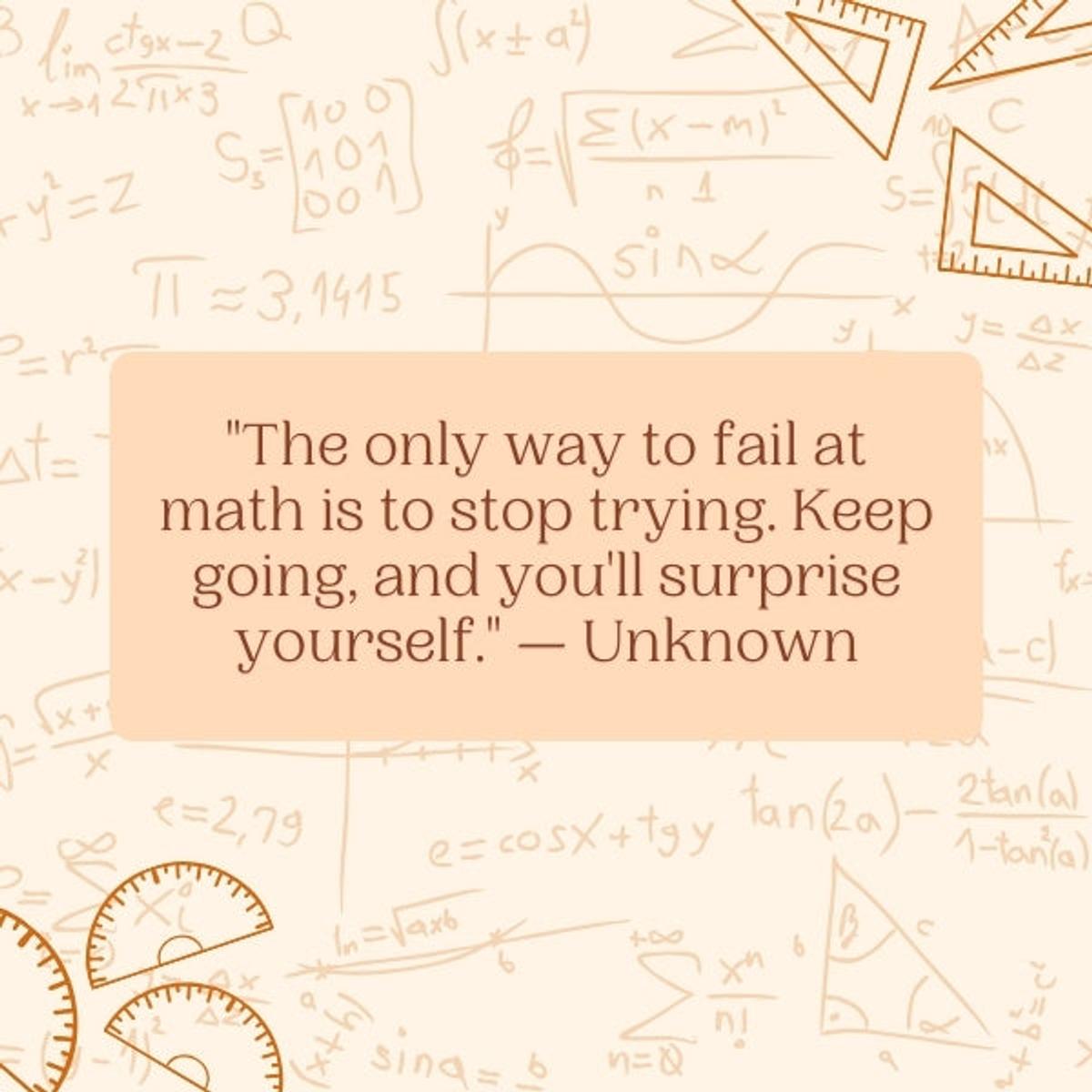Curriculum News

The Importance of Maths
The Importance of Maths and How Parents Can Support Their Children at Home
Mathematics is more than just numbers — it's a vital skill that helps children navigate the world around them. From understanding shapes and patterns to solving problems and making decisions, maths is a cornerstone of everyday life. It also builds critical thinking and logical reasoning, which are essential for success in school and beyond.
Why Maths Matters:
- Practical Life Skills: Maths helps children manage money, read timetables, and even follow recipes.
- Problem-Solving: It encourages logical thinking and the ability to tackle challenges.
- Future Opportunities: Strong maths skills open doors to careers in science, technology, engineering, and more.
- Confidence Building: Mastering maths concepts boosts self-esteem and a sense of achievement.
How Parents Can Help at Home:
- Make Maths Fun: Incorporate maths into daily activities like cooking (measuring ingredients), shopping (calculating costs), or playing board games that involve counting or strategy.
- Encourage Curiosity: Ask open-ended questions like, "How many ways can we divide this pizza?" or "What shapes can you see in the room?"
- Use Technology Wisely: Explore educational apps and online games that make learning maths engaging and interactive.
- Be Positive: Avoid saying things like, "I was never good at maths." Instead, show enthusiasm and encourage a growth mindset.
- Practice Together: Spend time solving puzzles, playing card games, or even building with blocks to explore mathematical concepts.
- Connect Maths to Real Life: Highlight how maths is used in sports, art, or nature to show its relevance and spark interest.
By fostering a love for maths at home, parents can help their children develop skills that will benefit them for a lifetime. Let's make maths an exciting adventure!
A Growth Mindset in Maths
A growth mindset in maths is the belief that abilities and intelligence can be developed through effort, persistence, and learning from mistakes. This mindset helps children approach maths with confidence and resilience, even when faced with challenges.
Why Growth Mindset Matters in Maths:
- Encourages Perseverance: Children learn that struggling with a problem is part of the learning process, not a sign of failure.
- Builds Confidence: They understand that making mistakes is an opportunity to grow, not something to fear.
- Improves Performance: Research shows that students with a growth mindset perform better in maths and are more engaged in learning.
How to Foster a Growth Mindset in Maths:
- Praise Effort, Not Talent: Instead of saying, "You're so smart," try, "I love how hard you worked on that problem."
- Celebrate Mistakes: Teach children that mistakes are valuable because they help the brain grow and learn.
- Use Positive Language: Replace "I can't do this" with "I can't do this yet."
- Encourage Problem-Solving: Give them challenging but achievable tasks and guide them through the process.
- Model a Growth Mindset: Show your own willingness to learn and improve, even in areas where you struggle.
By nurturing a growth mindset, children can develop a love for maths and the confidence to tackle even the toughest problems. It's all about embracing the journey of learning!
Working together for our students,
Leanna Langlands
Instructional Specialist


